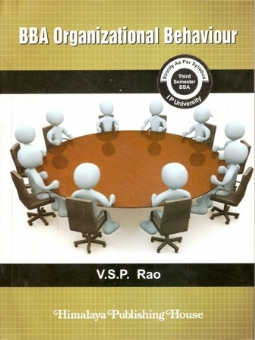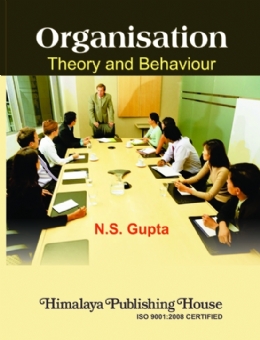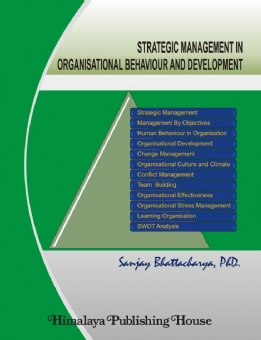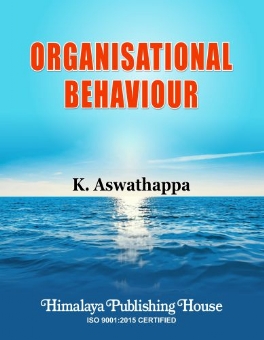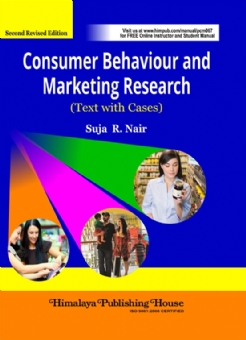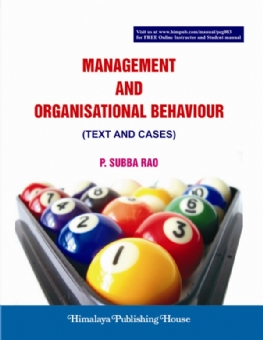Organizations employ the indispensable services of people to convert resourced into useful products and services. In a way, organisations are people. People can make or break a firm. If they contribute to the best of their abilities, the firm will be able to withstand economic shocks, face competition, win over customers and produce outstanding results. The case of Southwest Airlines is a shining example of one man standing up against every possible hurdle that one can conceive of. With the help of a team of ordinary people-mind you ordinary people—he is able to produce extraordinary results for over three decades. To me excellence is nothing but making people work with zeal, commitment and dedication. You inspire them to give their best and expectedly they would rise to the occasion and fulfil your dream-howsoever impossible it might be. To this end, share every piece of information honestly. Explain your dream in simple terms.
Clarify what they are supposed to do. Set goals that are neither too easy nor too difficult to reach. Leave the ivory tower image and join the mainstream. Show them through exemplary character and conduct that you are there to help them, listen to them, and share the plus and minus points of work. Demolish the status walls between people. Remain accessible to your people. Use every opportunity to make them laugh and enjoy what they do. Connect them to their passions. Encourage them to do ordinary things in an extraordinary manner. Be there -always-to receive their suggestions.
Special Features of the Book –
The present work—primarily meant for BBA students of Guru Gobind Singh Indraprastha University—tries to highlight the time test principles of human behaviour in a simple, easy to understand style. Wherever necessary, practical aspects of organisational life have been highlighted. Live corporate examples have been inserted to enrich the contents. The ethical and moral issues surrounding human behaviour have also been critically examined. A balanced and integrated view of the subject is being presented—reflecting various themes, viewpoints that have gained currency in recent times—in a dispassionate way, One important objective of this book is to present theoretical concepts in a clear and concise form. Unlike other foreign texts, it is completely devoid of jargon. To the extent possible, terminological conflicts have been put to rest and the most popular view of a topic is being tossed around for further elaboration. Every attempt is made to develop arguments in a logical way. To clear the fog surrounding complex subjects, a number of examples have been pressed into service. The practical side of various themes that have gained popularity in recent times is also brought into focus wherever necessary. The most recent research evidence is being used to support an established theoretical viewpoint. Newspaper clippings, journalistic viewpoints, scholastic opinions and simple, down to earth facts of life have also been liberally used to make the presentation more lively and interesting. In the end, everything has been structured to meet the unique requirements of students through a number of study aids such as figures, charts, tables, diagrams, illustrations, contemporary examples, summary boxes etc.
Contents :
Unit 1: Introduction
1. Concept and Nature of Organizational Behaviour
2. Organisational Behaviour: Challenges and Opportunities
Unit 2: Individual and Interpersonal Behaviour
3. Individual Behaviour
4. Personality
5. Perception
6. Value, Attitudes and Emotions
7. Learning and Reinforcement
8. Interpersonal Behaviour and Transaction Analysis
Unit 3: Group Behaviour and Team Development
9. Group Behaviour
10. Teams and Team Work
Unit 4 : Organisation Culture And Conflict Management
11. Organisational Culture
12. Managing Conflict
13. Managing Change
14. Empowerment and Participation
15. Managing Across Culturres

